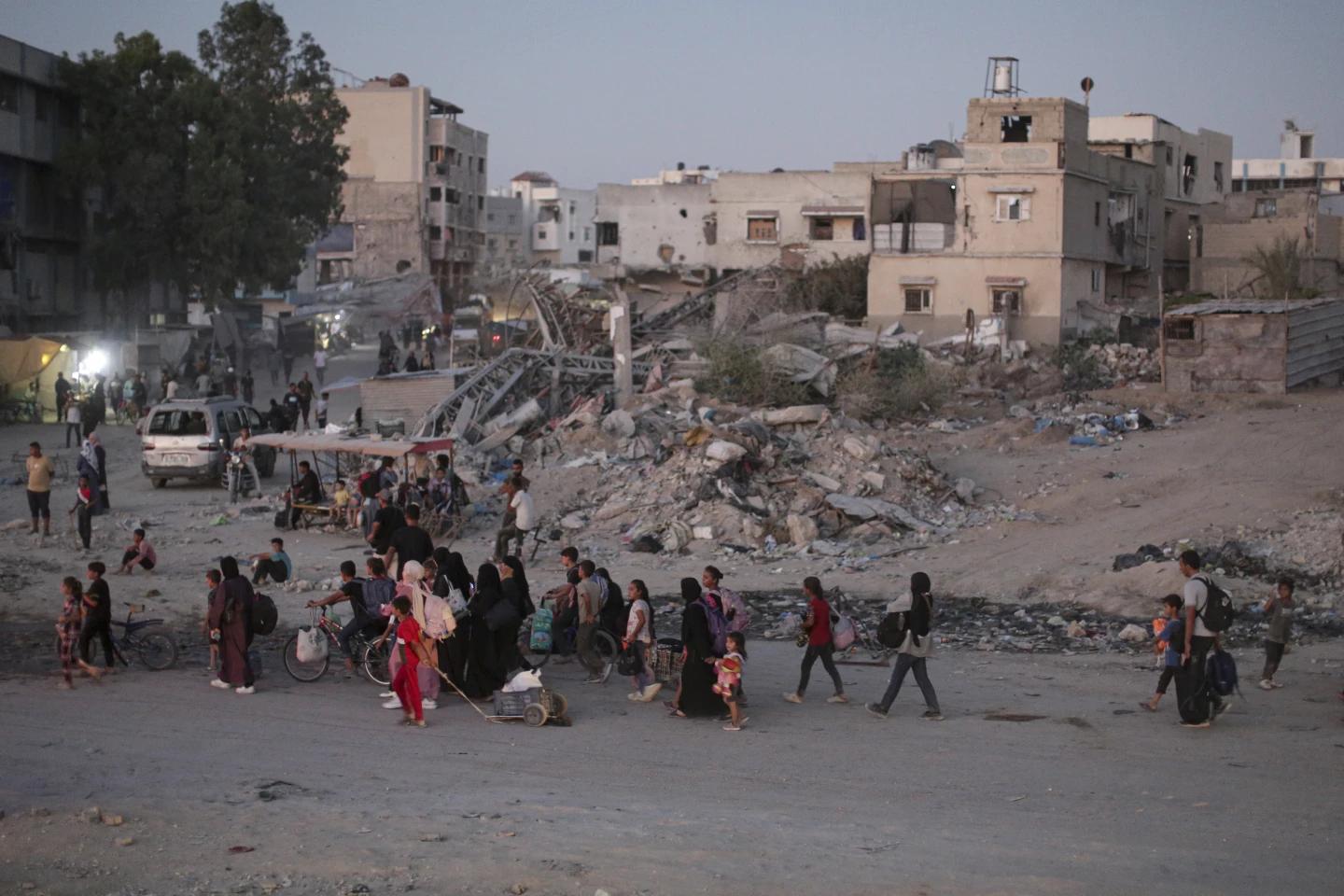ROME – In the latest sign of tension between Israel and Catholic leaders over the conflict in Gaza, the Israeli embassy to the Holy See has blasted a recent statement from a commission representing Church leaders in the Holy Land denying that Israel’s offensive can be described as a “just war.”
“It should be lamented that a group of people from the Catholic Church has decided to issue a document that, using religious pretext and linguistic stunts, does nothing else than de facto objecting [to] Israel’s right to defend itself from its enemies’ declared intentions to put an end to its existence,” the July 2 Israeli press release said.
The protest came in response to a statement from the Justice and Peace Commission of the Holy Land, which is sponsored by the Assembly of the Catholic Ordinaries of the Holy Land, bringing together the Latin, Greek Melkite, Maronite, Armenian, Syriac and Chaldean Catholic leadership of Israel, Palestine, Jordan and Cyprus.
The president of the assembly is Cardinal Pierbattista Pizzaballa, the Latin patriarch of Jerusalem who’s considered a key adviser to Pope Francis and the Vatican on Middle Eastern affairs.
The commission’s statement, titled “Just War?”, amounts to a stinging criticism of the Israeli military operation on the Gaza Strip.
“We are outraged that political actors in Israel and abroad are mobilizing the theory of ‘just war’ in order to perpetuate and legitimate the ongoing war in Gaza,” it reads. “This theory is being used in a way in which it was never intended: to justify the death of tens of thousands, our friends and our neighbors.”
“There are those pretending that the war follows the rules of ‘proportionality’ by arguing that a war that continues until the bitter end might save the lives of Israelis in the future, therefore balancing the scales of the thousands of Palestinian lives being lost in the present,” the statement asserts. “In doing so, they privilege the security of hypothetical people in the future over the lives of living and breathing human beings who are being killed every day.”
“In short,” the commission said, “the manipulation of the language of just war theory is not only about words: it is having tangible, fatal results.”
In response, the Israeli embassy’s press release made four assertions about the ongoing conflict.
First, it asserts that the lone objective of the incursion is “to end Hamas rule in this territory” and to ensure that terrorist attacks such as the Oct. 7 assault which triggered the conflict do not happen again.
Second, the embassy claims that the Justice and Peace Commission engaged in “a false symmetry” by equating Hamas’s strategy of putting non-combatants at risk by deliberating embedding its forces in civilian areas with Israel’s efforts to protect civilian populations.
Third, the embassy says that the sense in which the commission uses the term “just war” is not consistent with international law, with which Israel seeks to comply. (The commission’s statement is largely focused on the concept of a “just war” in Catholic social teaching, originally rooted in concepts developed by St. Augustine and St. Thomas Aquinas.)
Fourth, the embassy insists that calling the conflict a “war in Gaza” is inaccurate, since Israeli is also facing attacks from Lebanon, Syria, Yemen and Iran.
“Hence the title ‘The war against Israel’s existence’ will describe last 9 months’ events far more realistically,” the press release says.
The exchange over the concept of a “just war” is the latest chapter in what has been a mounting clash between Catholic leaders, including senior Vatican officials, and Israeli leaders over the moral legitimacy of the conflict in Gaza.
In May, for example, Israeli Ambassador Raphael Schutz objected both to an essay published by L’Osservatore Romano, the Vatican newspaper, asserting that Zionism has roots in European colonialism, and also to a summit of Nobel Peace Prize winners hosted by the Vatican in which Yemeni journalist and human rights activist Tawakkol Karman referred to the Israeli offensive as “ethnic cleansing” and “genocide.”
In January, Rome’s Chief Rabbi Riccardo di Segni used an address at the Jesuit-sponsored Gregorian University to assert that the tensions over Gaza have contributed to a “crisis” in Jewish-Catholic relations.
The new statement from the Israel embassy comes as Schutz is preparing to step down as the country’s ambassador to the Vatican, a role he’s held since 2021. He is the eighth Israeli envoy to the Holy Seer since diplomatic relations were launched in 1993.
The back-and-forth also comes against the backdrop of a new Israeli offensive in the southern part of the Gaza Strip, amid new evacuation orders issued by Israeli forces believed to have affected as many as 250,000 Palestinians in the targeted areas.
Israel has accused Hamas of “systematically violating international law while using civilian infrastructure and the civilian population as human shields” during the assault.












